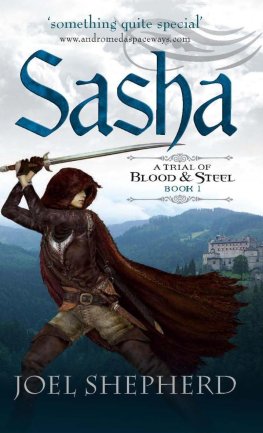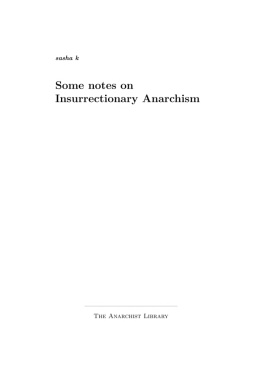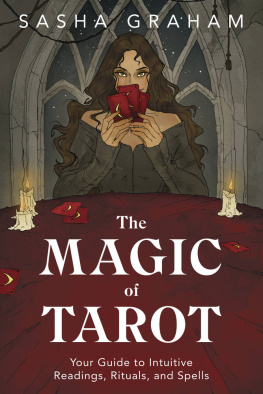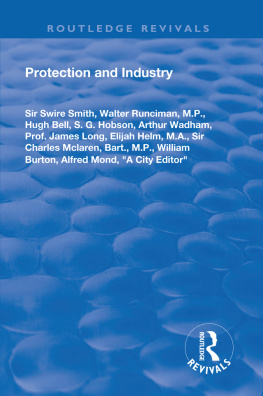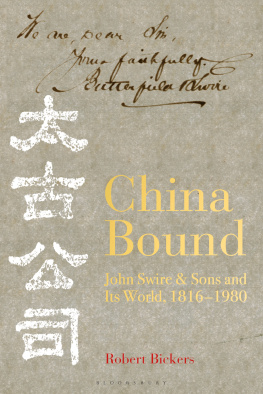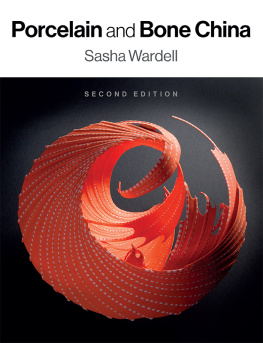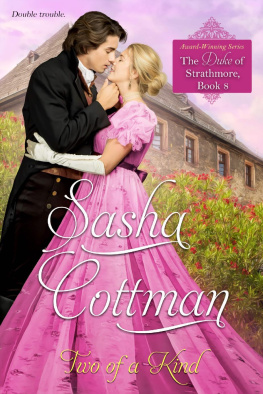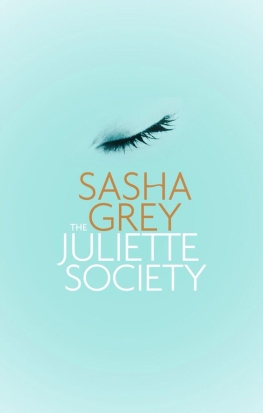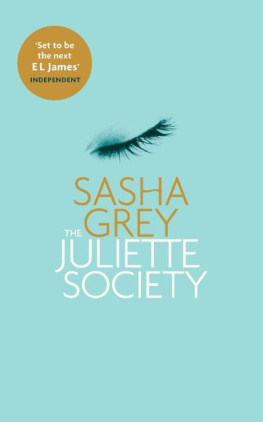Sasha Swire - Diary of an MP’s Wife
Here you can read online Sasha Swire - Diary of an MP’s Wife full text of the book (entire story) in english for free. Download pdf and epub, get meaning, cover and reviews about this ebook. year: 2020, publisher: Little, Brown Book Group, genre: Detective and thriller. Description of the work, (preface) as well as reviews are available. Best literature library LitArk.com created for fans of good reading and offers a wide selection of genres:
Romance novel
Science fiction
Adventure
Detective
Science
History
Home and family
Prose
Art
Politics
Computer
Non-fiction
Religion
Business
Children
Humor
Choose a favorite category and find really read worthwhile books. Enjoy immersion in the world of imagination, feel the emotions of the characters or learn something new for yourself, make an fascinating discovery.

- Book:Diary of an MP’s Wife
- Author:
- Publisher:Little, Brown Book Group
- Genre:
- Year:2020
- Rating:4 / 5
- Favourites:Add to favourites
- Your mark:
- 80
- 1
- 2
- 3
- 4
- 5
Diary of an MP’s Wife: summary, description and annotation
We offer to read an annotation, description, summary or preface (depends on what the author of the book "Diary of an MP’s Wife" wrote himself). If you haven't found the necessary information about the book — write in the comments, we will try to find it.
Diary of an MP’s Wife — read online for free the complete book (whole text) full work
Below is the text of the book, divided by pages. System saving the place of the last page read, allows you to conveniently read the book "Diary of an MP’s Wife" online for free, without having to search again every time where you left off. Put a bookmark, and you can go to the page where you finished reading at any time.
Font size:
Interval:
Bookmark:
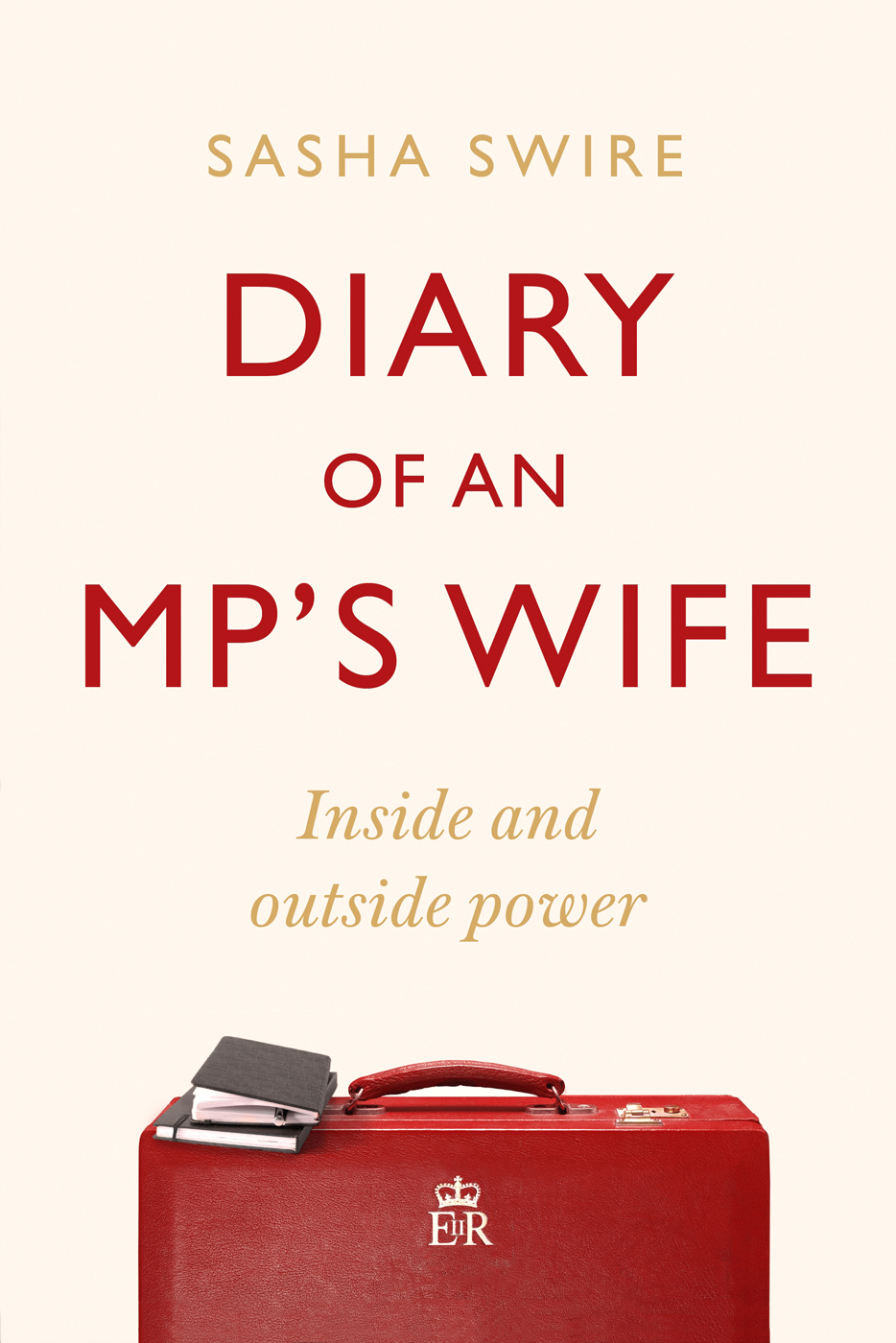
Published by Little, Brown
ISBN: 978-1-4087-1338-9
Copyright Sasha Swire 2020
The moral right of the author has been asserted
All rights reserved. No part of this publication may be reproduced, stored in a retrieval system, or transmitted, in any form or by any means, without the prior permission in writing of the publisher.
The publisher is not responsible for websites (or their content) that are not owned by the publisher.
Little, Brown
Little, Brown Book Group
Carmelite House
50 Victoria Embankment
London ec4y 0dZ
www.littlebrown.co.uk
www.hachette.co.uk
To Hugo
Sorry!
I have been a secret journal writer since childhood. For anyone born with the compulsion to write, the journal-writing process has many benefits, from releasing emotions to trying to create a historical record of some value, to honing observational skills. The only discipline required is an ability to regularly capture your impressions. Mostly, my diaries felt like a safe space for critical reflection, but also a place to unload my own personal and political perspectives. At no time did I write with the intention of publication. I have never felt any need for self-vindication (preor posthumous) or the desire to profit from them. I cant say the thought didnt exist at the back of my mind, but I always pushed it away because I thought my family, my husbands colleagues and my friends would see it as an act of betrayal.
What changed? When my husband decided to quit the political stage in 2019, I, out of curiosity, and somewhat foolishly, showed the agent Caroline Dawnay some extracts, and before I knew it, I was swept up into a publishing tornado. As a result, I have decided to negotiate all the hazards that come with publishing memoirs, particularly political ones, not only because I much enjoy reading diaries but because I think it is rare indeed to read a female perspective on what is still a very male-dominated and secret world. As my great friend Kate Fall once told me, Its always the men that write history.
I have been immersed in politics my whole life. I was brought up between London and Cornwall where my father, Sir John Nott, was Member of Parliament for St Ives from 1966 to 1983. He was Economic Secretary to the Treasury under Ted Heath and served as Secretary of State for Trade when Thatcher won the 1979 general election. He was Secretary of State for Defence during the Falklands War. My mother, Lady (Miloska) Nott, is of Slovenian descent. During the Second World War, she was hidden on a farm in Maribor after her fathers internment in Dachau as a Slav partisan, where he died. She met my father at Cambridge, at her engagement party to another man, and they married three weeks later. When I asked her why she had made such a rash decision, she said, Your father was always going places and I thought I would enjoy the ride. I must have held on to those words. I cant remember the number of times I have been asked, So whats it like being an MPs wife, then? My reply is usually: Im an MPs daughter, so my life hasnt changed much.
I married my husband, Hugo Swire, in 1996. He was then a director of Sothebys. He became MP for East Devon in 2001 and I gave up my journalism career to support him. I raised our two daughters, Saffron and Siena, and because I could work from home, I became his part-time political researcher doing most of his writing work, including several newspaper columns under his name and all his press releases, and in more modern times I managed his social media accounts. Employing family members is now prohibited for new MPs.
Of course, there is something about the phrase political wife that still evokes an image of a passive, helmet-haired, jam-making woman standing silently behind her husband, either smiling admirably as he asks for votes or frowning firmly as he admits to abusing his power or marriage. When my husband was first elected as an MP, I remember being invited to join a Westminster Wives group. The first event planned was a trip to the Aga Centre for a cookery demonstration. Back then there was still very much an attitude that you got two for the price of one, both at Westminster and more importantly in the constituency. I and my fellow MPs wives, such as Samantha Cameron and Frances Osborne, were very determined not to play that traditional role and to hold on to our own jobs and identities. I think anyone reading this book will note that I have never been a political pushover.
As for my diary-writing, it was not until my husband entered politics that a consistent narrative seemed to weave itself through my journals. They appeared to match an emerging and probably genetic obsession with the activities associated with governance and especially the debate between parties in the fight for power. The entries slowly evolved into a detailed record of what it was like to be a couple at the beating heart of politics during two tumultuous political decades.
When I finally decided to publish my diaries, the next task was to cut them down, which was a massive undertaking as there were nearly a million words to choose from. My editor, Richard Beswick, detached nine years worth, the period from 2010 to 2019, and again shrank them down to a manageable range.
The volume here starts when my husband becomes a Minister of State for Northern Ireland after the 2010 general election, and ends in December 2019, when he left the political stage. It is an informal account of that period, from someone watching in the corner of the room. Extracts were not written to throw light on historic events, or to justify my husbands or partys positions after all, I was not the elected one. I was also never restricted in my commentary or my observations or by any sense of professional legacy. I regret if I have offended anyone but, in my defence, I only tried to memorialise how I saw things at the time, so I imagine some entries might offend without meaning to do so. If so, I apologise. Re-reading the diaries also reminded me how politics not only brings friends together, even old ones, but how it wrenches them apart when they become passionate and partisan; Brexit, a case in point, which, at the time, even threatened to detonate the entire British party system. But then it also divided couples and country, and politics is designed to reflect the ebbs and flows of the national mood as well.
Last, I have to say that the hero of this book is absolutely not me, but Hugo, who is renowned in political circles for his charm and his humour. Many of the stories he has told me over the years have found their way into these diaries and I hope I have done them justice. He rode the political tiger, mostly unknown, working diligently for his departments and his constituents. He is an archetypal English gentleman, an old-style British politician, who never sought fame or legacy; in fact, he often found it positively distasteful, and in that he was almost unique amongst his peers. What happens between these pages is just one story, about one couple, in one extraordinary political decade, and how we navigated, with love and humour, the exhilarating but often choppy waters of a political life together.
12 May
London
Still waiting to hear whether H has a job. Wake up in foul mood. I have been a member of a whole constituency of political thought since the age of about six, dedicated to ensuring that these people are locked out of the parliamentary process and now we are in bed with them! Five to be in cabinet and one in every department, apparently. Unbelievable. Particularly when they came third and lost seats. Has David sold his party down the river? Given too much away? Is this really the government the people voted for? Oh, I know the arguments: tie them in, let them share the hit on these difficult austerity-style decisions, but surely Im not the only one experiencing deep and unsatisfying unease about this new alliance and its long-term political implications. How are we going to fight them when we have to?
Font size:
Interval:
Bookmark:
Similar books «Diary of an MP’s Wife»
Look at similar books to Diary of an MP’s Wife. We have selected literature similar in name and meaning in the hope of providing readers with more options to find new, interesting, not yet read works.
Discussion, reviews of the book Diary of an MP’s Wife and just readers' own opinions. Leave your comments, write what you think about the work, its meaning or the main characters. Specify what exactly you liked and what you didn't like, and why you think so.

